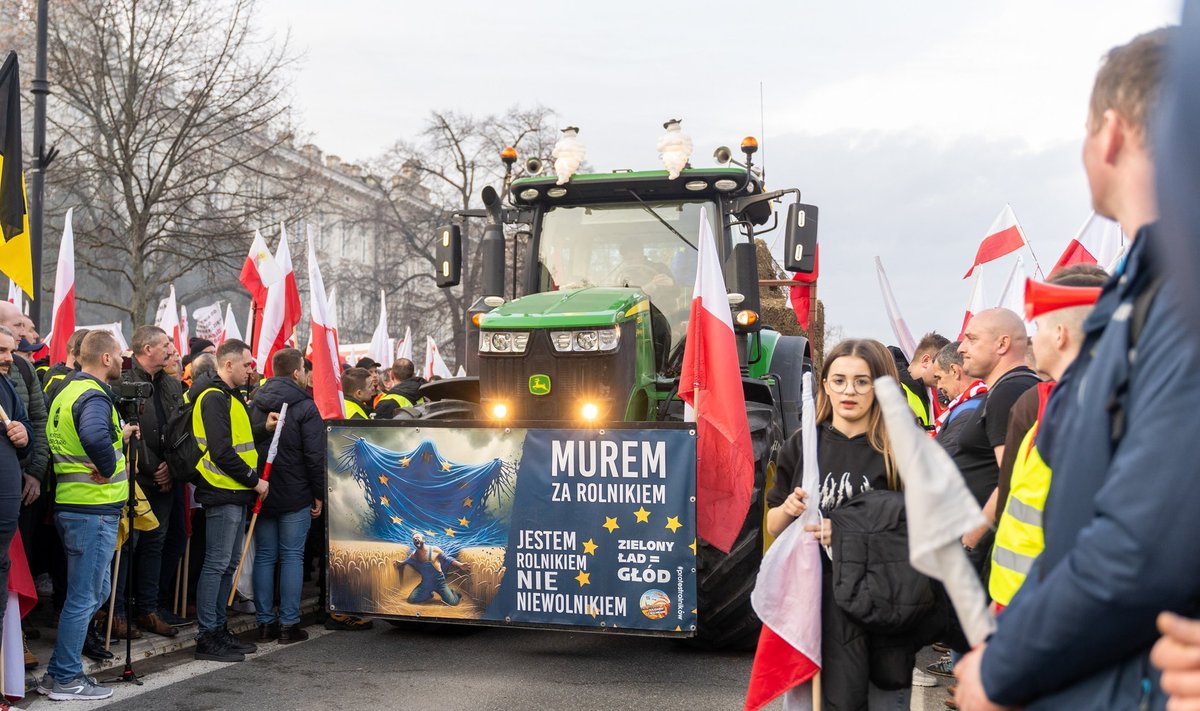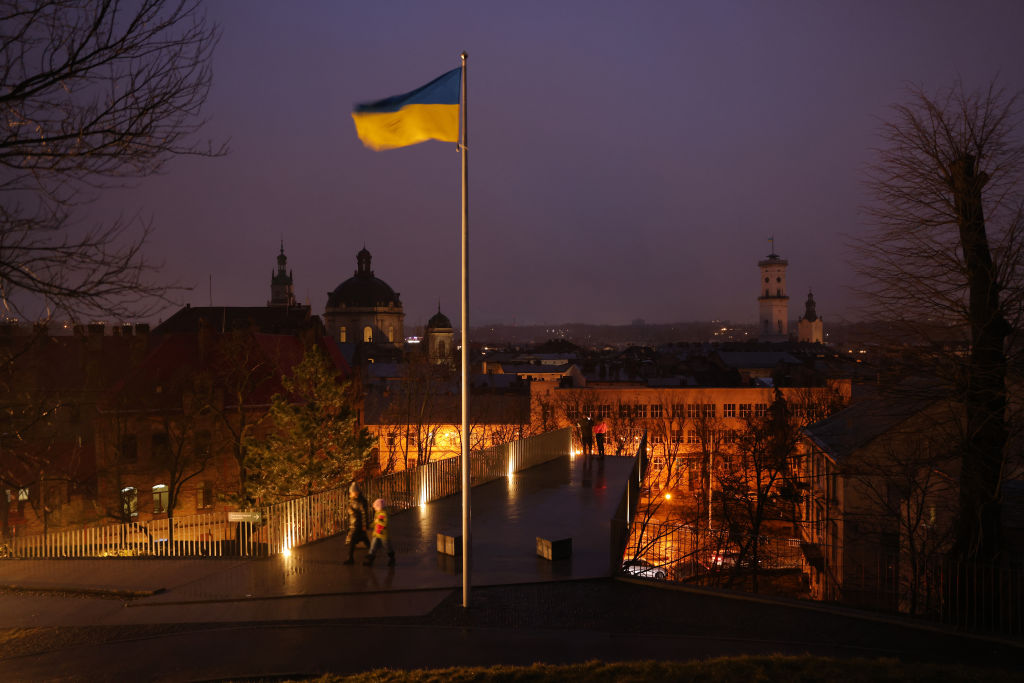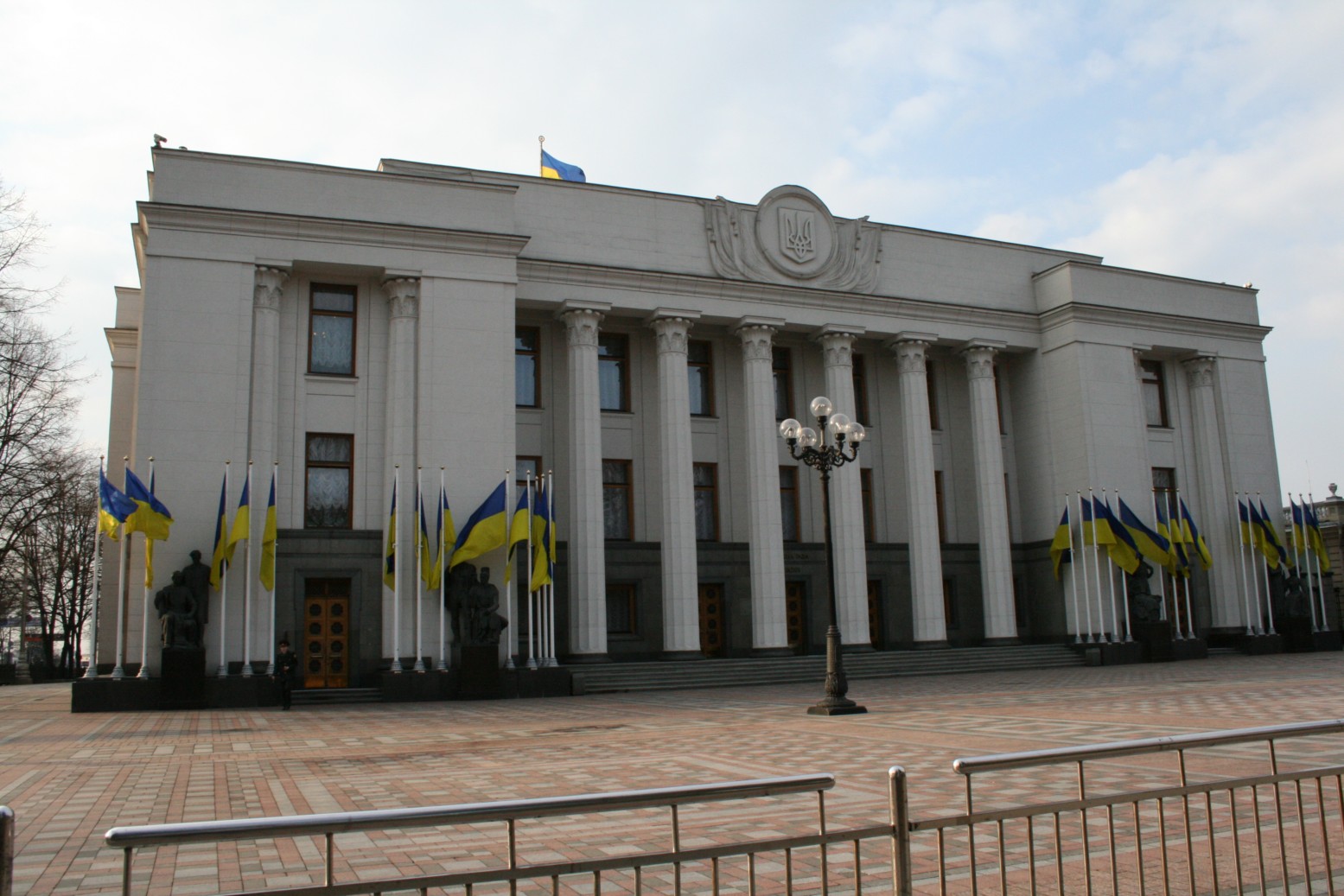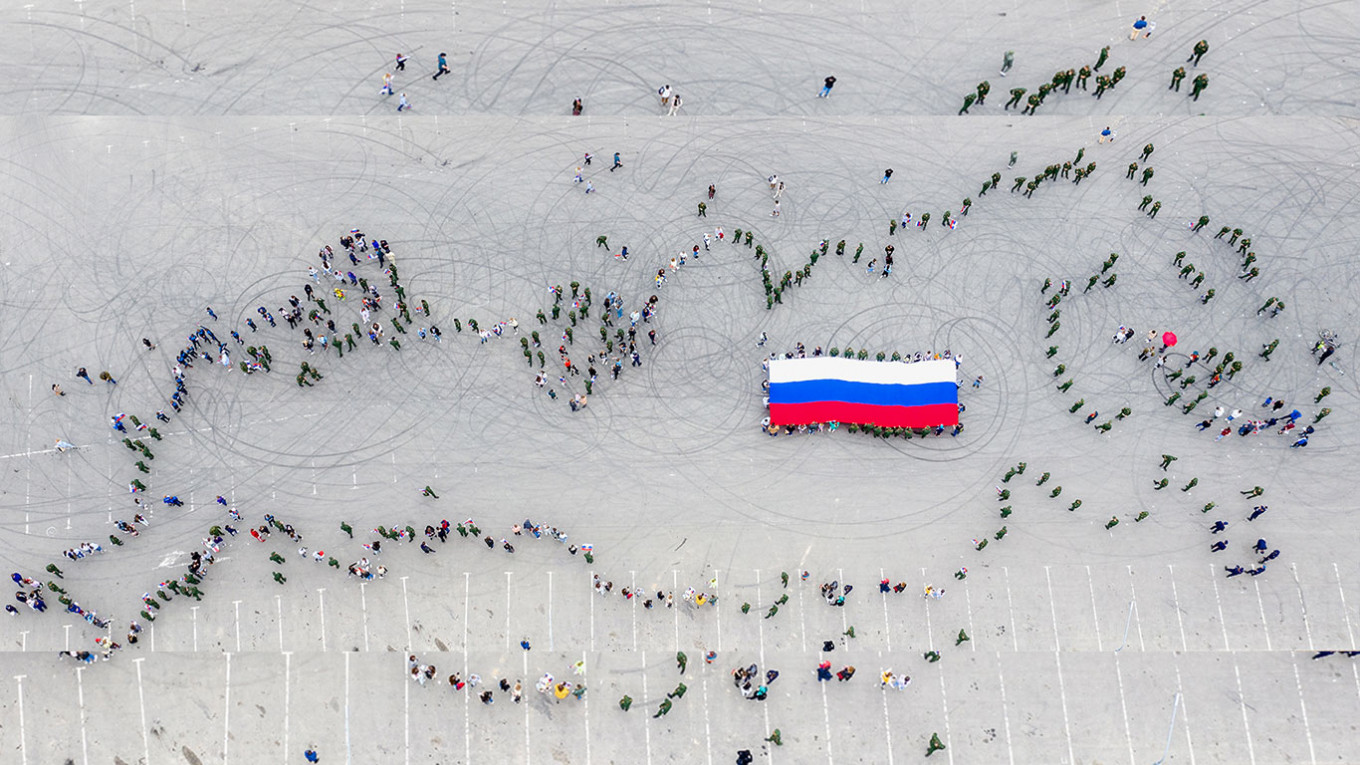
Polish Farmer Protests Trigger International Repercussions
Polish Farmer Protests Trigger International Repercussions
Executive Summary:
- Polish farmers object to the EU Green Deal and the influx of Ukrainian agricultural products into Europe, which they assert will harm the domestic agricultural market.
- The protests are exacerbating already turbulent Ukrainian-Polish relations, a development that Russian propaganda could attempt to exploit ahead of Poland’s upcoming local and European elections.
- Polish Prime Minister Donald Tusk has held informal talks with the European Union to add exemptions for farmers in the Green Deal, but the Polish government’s policy on imports of Ukrainian agricultural products remains ambiguous.
On February 9, Polish farmers began a series of massive protests against the influx of Ukrainian agricultural products to Poland and the EU Green Deal. Thousands of farmers have protested nationwide, blocking roads, motorways, city centers, and, most importantly, border crossings, especially on the Polish-Ukrainian border. The protests have swept across Europe, but the strikes in Poland have been unprecedented and have caused geopolitical turmoil due to Poland’s strategic location (EDM, February 25, 2022; Forsal, February 16). These protests came to a head on March 6 as 30,000 demonstrators gathered in Warsaw, leading to clashes with the police (Polska Agencja Prasowa, March 6). Tensions are unlikely to ease in the near future since the farmers’ demands have yet to be met. The unrest is further evidence of the structural problems related to the European Union’s agricultural policies and Ukrainian imports—choices Polish farmers argue come at the expense of domestic agricultural markets (see EDM, May 15, 2023, September 27, 2023).
The farmers have established two main pillars for their protest. First, they oppose the European Union’s agricultural policy and the influx of Ukrainian agricultural products into the European Single Market. The farmers have been dissatisfied with the rural stipulations of the European Green Deal. Farmers argue that the green Deal would force them to set aside a certain proportion of their arable land, impose restrictive rules on the use of fertilizers, and render the production process subject to change by EU bureaucrats, all of which would make production less profitable (Polon.pl, Feb 27). These regulations would apply only to EU producers, meaning that Ukrainian farmers would not have to comply.
The second pillar of the farmers’ demand is a complete embargo on Ukrainian agricultural products, mainly various types of grain and small fruits. Russia’s full-scale war against Ukraine has triggered structural changes in the export of Ukrainian agricultural products. Since 2022, these products have largely been sold in the European Single Market (Ministry of Agrarian Policy and Food of Ukraine, 2023). This coincides with falling grain prices, which remain a global rather than regional trend (Trading Economics, Wheat, accessed March 12). Hunters, although not facing foreign competition, and truck drivers are also dissatisfied with what they see as “unfair competition” from Ukrainian producers and have joined the protests (OPZZ RIOR, February 22). Unfair competition, however, is not the protesters’ only argument. The farmers point out that there is no reliable control of Ukrainian agricultural products and that goods that are supposed to be transported via Poland are occasionally illegally unloaded on Polish territory.
While almost 80 percent of Poles support the protests, the Polish population remains divided over who is to blame for the crisis (TOKfm.pl, Feb 27). About 28 percent blame the European Commission, 27 percent blame the previous Polish government, 10 percent blame Ukraine, 9 percent blame the current government, and 8.5 percent blame Russia (RP.pl, March 4). This creates the conditions for further societal polarization, which remains one of the greatest vulnerabilities in Poland’s resistance to foreign interference. The protests also offer Russia an ideal chance to drive a wedge between Poland and Ukraine (Belsat.pl, February 23; Centrum Badań nad Współczesnym Środowiskiem Bezpieczeństwa, March 6). This could have critical domestic impacts.
The Polish government is currently pursuing a dual agricultural policy. On the one hand, it supports farmers in their demands to the European Commission and advocates for certain agricultural exemptions to be added to the Green Deal (Republic of Poland, February 26). Polish Prime Minister Donald Tusk’s former work on the European Council will play a key role in negotiating these changes. He chaired various European political bodies for several years, and European Commission President Ursula von der Leyen openly supported him in his race to become prime minister. This will make it difficult for European politicians to accuse him of “nationalism” or “egoism,” allowing him to drive a hard bargain.
On the other hand, the Polish government’s policy on the import of Ukrainian agricultural products remains ambiguous. Polish Minister of Agriculture Czesław Siekierski announced, “There is no doubt that we must help Ukraine. But opening [the European market] for the import of agricultural products into the Union cannot take the form it has today” (Interfax, February 26). Nevertheless, it is unlikely that the Polish government would support a total embargo on Ukrainian goods. After all, sanctions are a double-edged sword and could lead to countermeasures from the Ukrainian side, potentially harming Polish business, which doubled exports to Ukraine in 2023 (Polska Agencja Prasowa, March 5). Instead, the Polish government intends to follow Latvia’s lead and embargo agricultural products from Russia and Belarus, which still have access to the European Single Market despite the ongoing war (Polska Agencja Prasowa, February 29). Lobbying for EU-wide sanctions against Russia and Belarus could be another option.
The prolonged protests have directly impacted Polish-Ukrainian relations, which were already turbulent (see EDM, September 27). Notwithstanding the Polish government’s assurances of unwavering support for Ukraine and the diplomatic efforts of Tusk’s cabinet, bilateral relations are far from what they were in the first few months after Russia’s full-scale invasion. (See, for example, Foreign Minister Radosław Sikorski’s speech, Republic of Poland, February 23.) Polish President Andrzej Duda did not visit Ukraine on the second anniversary of the large-scale invasion, and representatives of the Polish government rejected the proposal of their Ukrainian counterparts to hold bilateral talks on the Polish-Ukrainian border (State Site of Ukraine, February 23).
Despite These tensions, continued military and logistical support for Ukraine remains a central tenet of Polish foreign policy. In response to the protests, Warsaw decided to add border crossings with Ukraine and transit infrastructure to its list of the country’s critical infrastructure, making protests in these areas illegal. According to Tusk, these two issues must be distinguished. “The first issue is the undisputed assistance to Ukraine in its military efforts. And the second is how to protect Polish farmers and the Polish market,” the Polish premier stipulated (Kancelraia Premiera, February 22).
It seems that the Polish government has learned from the experience of its predecessors and will remain uncompromising on this issue. After all, the assertive and, at times, unjustified narrative of Ukrainian officials toward Poland has been considered by many Poles as accusatory, ungrateful, and pretentious (see EDM, September 27). Some Ukrainian officials still do not seem to understand the real causes of the problem and try to present it as solely driven by Russian propaganda and Poland’s upcoming elections (Kyiv Independent, March 4). This approach may become more problematic as it leaves room for Kremlin propaganda to seek to drive a wedge between Warsaw and Kyiv.


